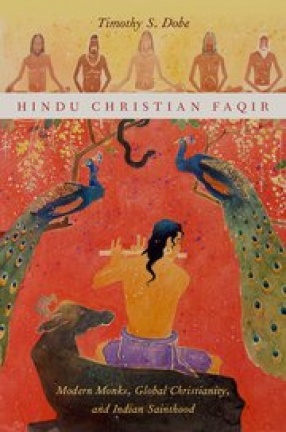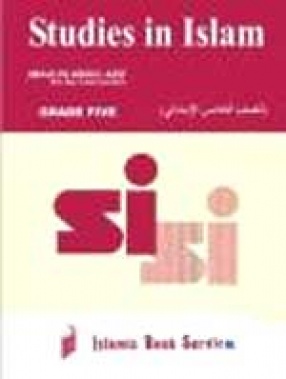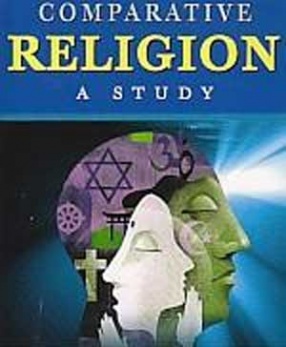Hindu Christian Faqir compares two colonial Indian saints from Punjab, the neo-Vedantin Hindu Rama Tirtha (1873-1906) and the Christian convert Sundar Singh (1889-1929). Timothy S. Dobe shows that varied asceticism, personal exemplary models, and material religion exuded their ambivalent and powerful public presence in Protestant metropolitan centers as much as in colonial peripheries. Challenging ideas of the invention of modern Hinduism, the transparent translation of Christianity, and the construction of saints by devotees, this book focuses on the long-standing, shared religious idioms on which these two men creatively drew to appeal to transnational audiences and to pursue religious perfection.
Following both men’s usage of Urdu, the book adopts the word "faqir" to examine the vernacular and performative dimensions of Indian holy man traditions, thereby calling special attention to missionary and Orientalist anti-ascetic accounts of the "fukeer" indigenous Islamic traditions and this-worldly religion. Exploring Rama Tirtha and Sundar Singh’s global tours in Europe and America, self-conscious sartorial styles, and intimate autobiographical writings, Dobe demonstrates that the vernacular holy man traditions of Punjab provided resources that both men drew on to construct their forms of modern monkhood. The rise of heroic, anti-colonial sannyasis or sadhus of modern Hinduism like Swami Vivekananda is thus repositioned in relation to global Christianity, Sufi, bhakti, and Sikh regional practices, religious boundary-crossing, contestation and conversion.
A comparative and contextualized story of two Punjabi holy men’s particular performance of sainthood, Hindu Christian Faqir reveals much about the broad, interactional history of religious modernities.
Contents: 1. Introduction: Unsettling Saints. 2. How the Pope came to Punjab: Vernacular Beginnings, Protestant Idols and Ascetic Publics. 3. Resurrecting the Saints: The Rise of the High Imperial Holy Man. 4. The Saffron Skin of Rama Tirtha: Dressing for the West, the Spiritual Race and an Advaitin Autonomy. 5. Sundar Singh and the Oriental Christ of the West. 6. Rama Tirtha’s Vernacular Vedanta: Autohagiographical Fragments of Rama’s Indo-Persian Mysticism. 7. Frail Soldiers of the Cross: Lesser Known Lives of Sundar Singh. Conclusion – Losing and Finding Religion. Bibliography. Index.





There are no reviews yet.